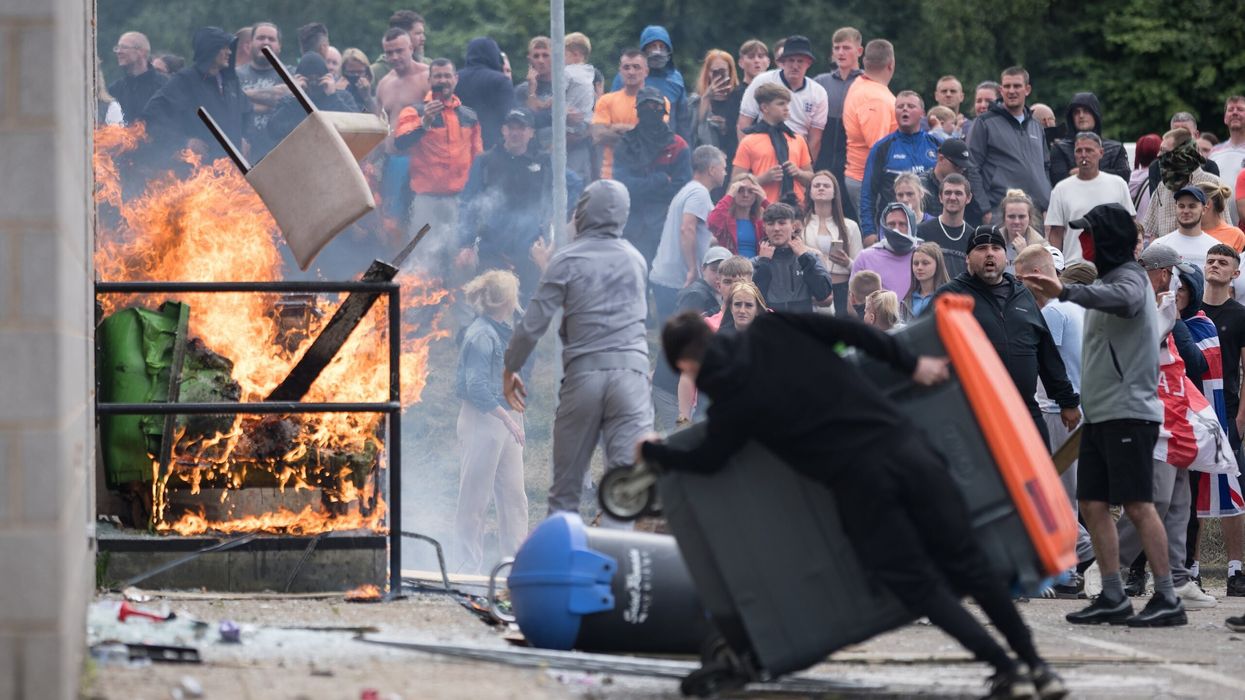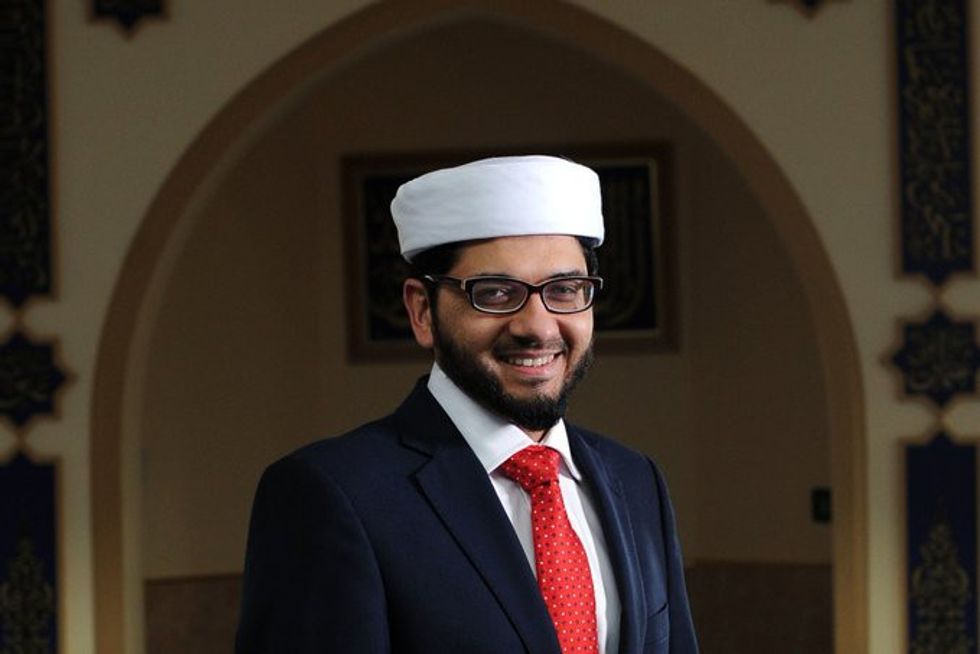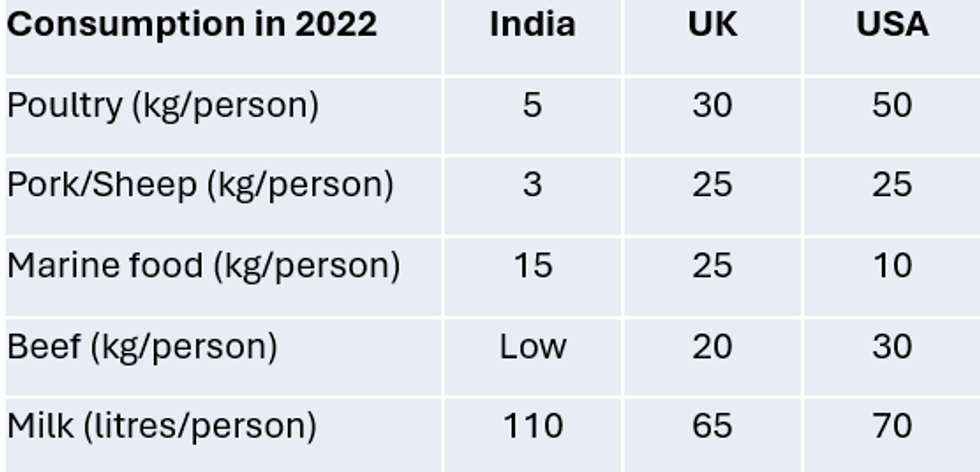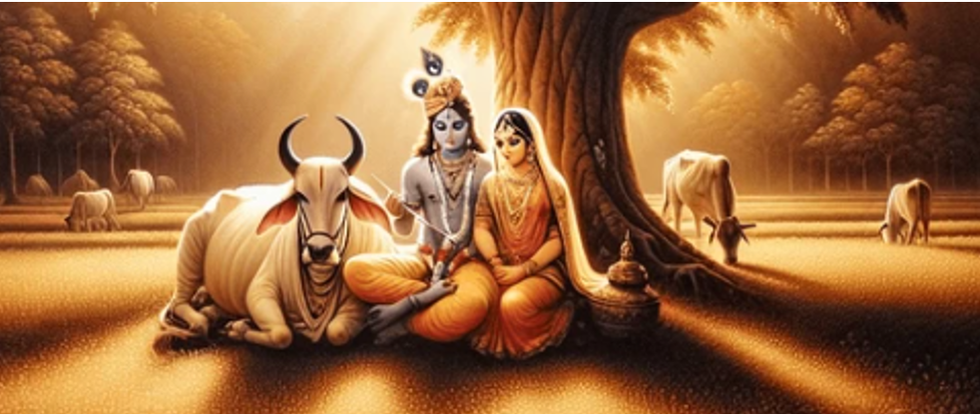Dr Wakkas Khan FRSA DL
Deputy Lieutenant of Greater Manchester
Since the beginning of the lockdown some three weeks ago, places of worship across the city have been closed as they heed official government advice not to hold mass gatherings.
Mosques in Ashton and Bolton, amongst others, have been offering their facilities to their local hospitals and vulnerable communities. The British Muslim Heritage Centre has opened up its newly refurbished en-suite bedrooms to house people that are sleeping rough.
But with Ramadan starting next week, mosques will remain closed during the Muslim holy month, which has become marked as a major feature in the city’s calendar. For the first time in their history mosques will not be hosting congregational evening prayers and iftars - the sunset breaking of the fast during Ramadan.
Throughout Manchester, Ramadan has become a time when different communities, faith groups and cohesion initiatives take the opportunity to meet at evening iftars to build bridges and create friendships.
Over the last few years we have seen the development of some truly innovative projects including the 'Iftar with the Homeless' - where participants gather with the homeless in Piccadilly Gardens to share food; and Eid Unwrapped – with members of the Muslim communities donating presents to be distributed to the Royal Manchester Children’s Hospital. Since the 2017 Manchester Arena Bombing, the city has also seen the annual Manchester Cathedral Interfaith Youth Iftar, bringing together faith and civic leaders with young people to break bread and plan social action.
These events have played a crucial role in working to improve cohesion and community resilience.
Muslims, of course, will not being the only ones in isolation during a festive period, with church services over Easter and Jewish Passover gatherings already having been cancelled. Important faith festivities and occasions create significant opportunities to see people of all backgrounds and beliefs coming together. In the shadow of Covid-19, at a time when solidarity between faiths and communities is more needed than ever, we will have to manage only with the technological advances of Zoom and Skype.
For years we have taken for granted our community events and the bridges that we have built. This year we will feel their absence acutely. The lockdown has meant that many of us may not have seen our family and friends for weeks, and perhaps even months, and will have felt a real sense of isolation.
Once this current global crisis is over, we will need to support one another like never before and reconvene as people of all faiths and non.
Whilst we may have to forego some of the activities of Ramadan, Passover and Easter, the community spirit of these festivities will continue. Gathering together when it is safe to do so, there will be more to do than ever before to bring our city together. But I am confident that with the spirit of community and solidarity embedded within Manchester, we will rise to the challenge.




















 Krishna often depicted with calves and bulls as much as cows!
Krishna often depicted with calves and bulls as much as cows! 


'Spirit of community and solidarity will bring people together again post-lockdown'